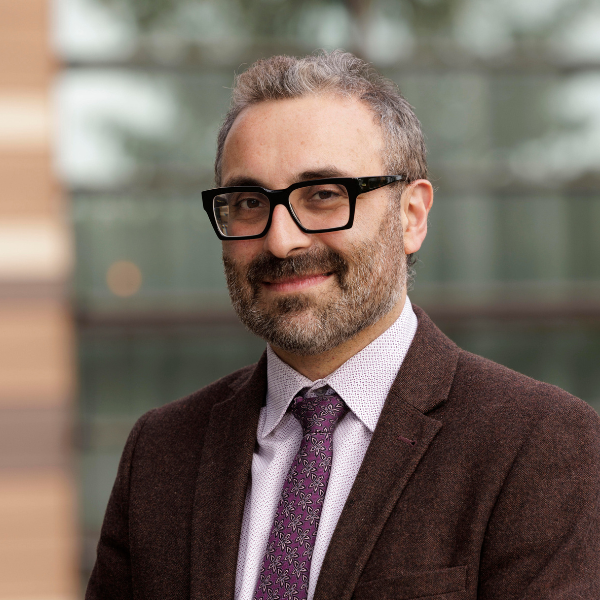
When I took on the role of Director at TASO, I knew it was going to be a challenge. Arriving to establish the organisation as an independent charity and working with a team I’d only met remotely at the onset of the COVID pandemic added a layer of complexity to the situation. There are many dedicated and brilliant people working across the higher education (HE) sector at all levels to increase access and participation and reduce inequalities, but establishing TASO as a trusted partner and embedding a culture of evaluation and causal research to find out what really works, was always going to take time and a shift in behaviour. The sort of shift that is built on trust, mutual understanding, and perhaps most importantly, relationships.
In the context of the pandemic, these relationships, both within my own team and across the sector, have been harder to forge and maintain. What’s more, lockdown and the wider consequences of the pandemic have placed new strains on HE institutions and opened up new potential research avenues. It’s not been easy, but I’ve been heartened by the response and the openness of the sector to TASO’s approach and research, and I’m excited about what lies ahead as we look to grow our research portfolio in the coming months.
But me being heartened is not enough, and as an organisation which puts so much stock in effective evaluation, it’s only right that TASO practices what it preaches. That’s why I’m delighted to share the findings of our latest evaluation report, produced by Technopolis for the Office for Students (OfS). This mid-term review evaluates TASO’s work, the reach and effect of our research, and how we’re being perceived by the sector. As with all evaluation, learning from what we’ve done well and what we could do better is necessary to deliver on our ultimate objective: to tackle inequalities in higher education and to improve students’ lives.
Throughout the report, which can be viewed here, there are lots of positives to be considered, as well as aspects of our work which need further work and attention. It is great, for example, to see that the level of engagement of the higher education sector with TASO and its work has increased since the Baseline report. At the same time, many providers, in particular in the further education space, have yet to engage with us at all, indicating areas in which we need to develop.
General awareness of TASO and its activities is high, but awareness of our research themes is low in comparison, suggesting some work needs to be done to get the message across about our more specific areas of focus and research.
It is encouraging to see that there has been an increase in the use of evidence in access and participation in the HE sector in the past year. While challenges remain, in particular in embedding evaluation into interventions at the outset and encouraging an emphasis on causal (Type 3) research, it’s clear that practitioners are increasingly recognising the need for solid evidence and evaluation to underpin the interventions they undertake.
TASO has recently launched two new themes focusing on mental health and disability (theme 3) and employment & employability (theme 4). As part of this, we’re in the process of rolling out a number of new research projects during a period of significant growth for the organisation. But we can’t do any of this alone. Not only does our research rely on effective partnerships, its overall impact is contingent on it cutting through and influencing both thinking and practice within the sector.
Much of what we’ve been able to achieve has been possible due to the funding and support of OfS. This report is also a valuable way for OfS to ensure we are meeting our brief and get a better sense of how the work is impacting the sector. We thank OfS for its support and hope this mid-term evaluation demonstrates both the value TASO’s work is already having and the opportunity we have to deliver more.
As COVID-related restrictions ease, we’ll be focused on getting this message across to even more stakeholders across the sector, trying hard to meet face to face, strengthening those relationships we’ve already had the pleasure of building in the last year, and taking the time to build new ones.
I’m excited about what the next year holds for us, and invigorated by the challenges and opportunities that lie ahead. The mid-term evaluation is a largely positive assessment of the work we’ve been doing which gives me the confidence that we’re well placed to work alongside the sector in a meaningful way to bring about real change. It’s promising to know that our work is cutting through, now we need to take the next step. We look forward to working with the many people in the sector focused on tackling inequalities in higher education and improving student outcomes.
Read the full Technopolis report here.